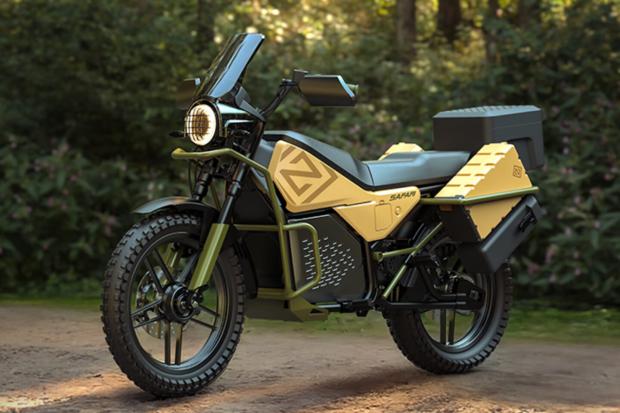
Breaking News
 Sunday Full Broadcast: CJNG Drug Cartel Launches Hundreds Of Terror Attacks Across Mexico...
Sunday Full Broadcast: CJNG Drug Cartel Launches Hundreds Of Terror Attacks Across Mexico...
 We'll provide updates to this post as needed; some of our friends are still there we're cont
We'll provide updates to this post as needed; some of our friends are still there we're cont
 UPDATE: 21-Year-Old Mar-a-Lago Intruder Killed at Mar-a-Lago IDENTIFIED - Photo Released
UPDATE: 21-Year-Old Mar-a-Lago Intruder Killed at Mar-a-Lago IDENTIFIED - Photo Released
 BREAKING UPDATE From Puerto Vallarta, Mexico As War Breaks Out
BREAKING UPDATE From Puerto Vallarta, Mexico As War Breaks Out
Top Tech News
 New Spray-on Powder Instantly Seals Life-Threatening Wounds in Battle or During Disasters
New Spray-on Powder Instantly Seals Life-Threatening Wounds in Battle or During Disasters
 AI-enhanced stethoscope excels at listening to our hearts
AI-enhanced stethoscope excels at listening to our hearts
 Flame-treated sunscreen keeps the zinc but cuts the smeary white look
Flame-treated sunscreen keeps the zinc but cuts the smeary white look
 Display hub adds three more screens powered through single USB port
Display hub adds three more screens powered through single USB port
 We Finally Know How Fast The Tesla Semi Will Charge: Very, Very Fast
We Finally Know How Fast The Tesla Semi Will Charge: Very, Very Fast
 Drone-launching underwater drone hitches a ride on ship and sub hulls
Drone-launching underwater drone hitches a ride on ship and sub hulls
 Humanoid Robots Get "Brains" As Dual-Use Fears Mount
Humanoid Robots Get "Brains" As Dual-Use Fears Mount
 SpaceX Authorized to Increase High Speed Internet Download Speeds 5X Through 2026
SpaceX Authorized to Increase High Speed Internet Download Speeds 5X Through 2026
 Space AI is the Key to the Technological Singularity
Space AI is the Key to the Technological Singularity
 Velocitor X-1 eVTOL could be beating the traffic in just a year
Velocitor X-1 eVTOL could be beating the traffic in just a year
Ex-Tesla Engineers Built A $1,300 Electric Adventure Bike That Actually Makes Sense

Founded by former Tesla executive Michael Spencer along with engineers from Apple, Lucid, and Gogoro, this Indian startup just launched an electric adventure motorcycle that costs less than most people's monthly car payments. At roughly $1,300-2,000 depending on configuration, it's targeting markets in Africa and India where practicality trumps Instagram appeal.
When Tesla Alumni Go Two-Wheeled
Michael Spencer's departure from Tesla wasn't about burnout or creative differences – it was about seeing a bigger opportunity. After four years scaling the Model 3 and Model Y while building out Supercharger networks, Spencer realized that emerging markets offered a faster path to meaningful electrification than chasing wealthy Western buyers with $15,000+ electric motorcycles that still can't match a gas bike's range.
The team assembled reads like a Silicon Valley all-star roster: Rob Newberry from Apple TV engineering, Swaroop Bhushan from Lucid's powertrain division, plus veterans from Gogoro and Tesla. But instead of building another boutique electric superbike, they focused on solving real transportation problems in markets where motorcycles aren't just toys – they're an economic lifeline.
Built For Real Work, Not Weekend Warriors
The Emara ADV's spec sheet might not impress American riders accustomed to 200+ horsepower superbikes, but context is everything. That 13.4 horsepower peak output and 62 mph top speed becomes impressive when you consider this thing can carry 550 pounds, climb 30-degree slopes with passengers, and tackle terrain that would humble most adventure bikes costing ten times as much.
The removable 4kWh lithium-iron-phosphate battery delivers 60+ miles of real-world range, but here's the clever part: you can carry spare batteries in the side storage areas, effectively doubling your range to 120+ miles. For motorcycle taxi drivers in East Africa who currently spend 30-50% of their income on fuel, that swappable battery system represents life-changing economics.



